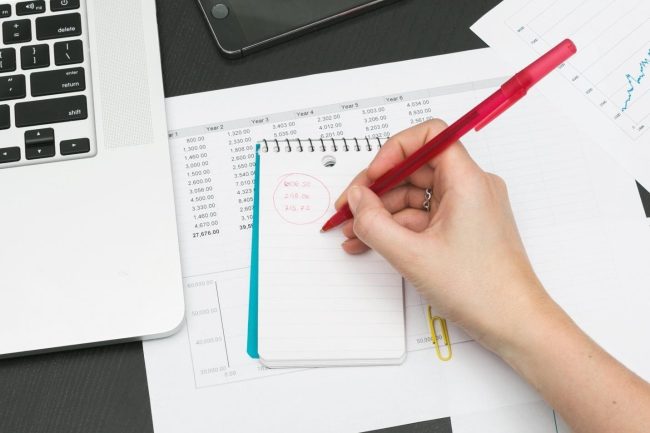If your financial situation and debt is in a really bad state, you may not feel like you have any other choice but to file for bankruptcy. While bankruptcy isn’t as horrible as people make it sound (you are not going to “lose everything”) there are a number of disadvantages to carefully consider.
Advantages and Disadvantages of Bankruptcy
First, it’s important to understand what bankruptcy is. Filing for bankruptcy is a legal proceeding where you surrender certain assets to a bankruptcy trustee in order to receive a discharge from your debts. One advantage of this option is that it provides swift financial relief and protection from your creditors. Another is that there often are exemptions for personal assets including vehicles, home equity, and personal belongings.
However, there are negative consequences to filing for bankruptcy:
- You have to surrender non-exempt assets like investments, secondary properties and vehicles, and windfall gains;
- You have to pay a portion of surplus income according to federal guidelines;
- It will make you less likely able to qualify for loans and it will affect your credit rating for 6 years from the date of discharge;
- You may find it difficult to apply for some jobs in finance, law enforcement, or bonded occupations.
A Consumer Proposal is a Better Alternative
The good news is that there are alternatives to bankruptcy. So what is a consumer proposal and why is it a better option? A consumer proposal is a legally binding agreement between you and your unsecured creditors to settle your debts to them. The consumer proposal process is initiated with the help of a licensed insolvency trustee who will propose to your creditors a re-negotiated repayment plan. In this proposal they will ask for a meaningful reduction to your total debt. It will also automatically include:
- A stop on interest charges;
- A halt to collection and legal actions against you by creditors or collection agencies.
They will also propose a new timeframe in which you can repay all of your debt.
Your licensed insolvency trustee will work with you to determine how much you can reasonably pay. Although this may mean a steep reduction in what your creditors will receive, they will most likely recover more of their money than if you had filed for bankruptcy.
Though a consumer proposal is not always the right option for everyone, it is usually the smarter one because it will have less of a negative impact on your credit rating. This means not having to worry about getting loans in the future, or about applying for jobs where bankruptcy might be an issue. You also will not have to surrender your non-exempt assets, nor will you have to pay any surplus income.
Get Debt Help
Debt is now the new norm for most people, so don’t be ashamed if you need help – because you’re not alone. While a consumer proposal is an option that can help you find debt relief, it will only work so long as you maintain your finances. That’s why it’s important that you look for credit counselling services and financial management advice while you can, or else you might find yourself in this situation again down the road.








